Photo credit : Melissa Rivard
Before devoting himself to baking, Andrew Janjigian worked in the biotech industry as an organic chemist. His background was probably great training for the world of baking bread, a sphere that demands you embrace both perpetual experimentation and vigilant respect for the constraints of your ingredients. Culturally, Andrew is Armenian-American and brings that background to his exploration of bread, and food in general. After spending years working as a “test cook” within the labs of Cook’s Illustrated, today he publishes his own newsletter titled Wordloaf. It’s great. Having met him at one of Gabriele Bonci’s Brooklyn pizza pop-ups, I long wanted to to invite him to Stir the Pots. Finally we made it happen. We are delighted to introduce Andrew to our audience.
What was first for you, writing or baking bread?
Bread, though the two developed in tandem. When I started at America’s Test Kitchen, I had practically no experience in journalism, so it was a bit of trial-by-fire there. I think I only got “good” at writing about two weeks ago, some 12 years later. And while I had years of cooking experience at that point, I was only a few years into my love affair with bread. (The tale is a little different when it comes to pizza, since that is the first food I learned to cook and something I have been messing with since my teenage years.
How does bread fit into your writing?
Baking bread is what I do when I’m avoiding writing. Up until recently, I’d have said that I hated writing, but lately the rewards of being nominally okay at it are sufficient to overcome the fact that doing writing remains a painful slog. That said, if I have to write about anything, bread is certainly the easiest for me to prattle on about.
America’s Test Kitchen, Milk Street, Cook’s Illustrated; are they all divorced from each other?
You’ll have to ask them on the current state of their relationship. I’m definitely divorced from ATK and Cook’s Illustrated. I had a good run there, but am having more fun now that I am my own boss.
What’s it like being an independent food writer?
I’m not sure my experience as a freelance food writer and recipe developer is representative, but it’s mostly wonderful in my case. I have more opportunities than I have time for, and nearly everything I say yes to is something I’m excited to work on, whether I pitched it myself or someone approached me. That said, doing this kind of work solo is hard work, especially when you are doing enough of it to make a living. Back when I worked for the man, I had nights and weekends off; right now I work seven days a week just to keep up. Fortunately most of the work is fun and/or interesting.
By background, you’re Armenian. What is Armenian bread and food?
That is not a small question. For starters, there are at least two Armenias; the actual country that was once a part of the former Soviet Union (known also as Eastern Armenian). The other Armenia is the diaspora, whose members are descendants of the survivors of the Armenian Genocide committed by the Ottoman Turks. If it is not already obvious, I belong to the latter country. Eastern Armenians and Western Armenians speak different dialects and their cuisines are different in many ways. For example, Western Armenians, having lived under Muslim rule for centuries, do not eat pork, while Western Armenians do.
Photo credit : Melissa Rivard
Chef Musa Dağdeviren in “Chef’s Table” describes preserving food culture and diversity. When defining food by ethnic terms it sets it communities apart. Do you agree?
This is something I think about a lot, and I don’t have a good answer. I agree in principle that drawing lines between countries and cultures is usually more problematic than helpful. But I also come from a culture that another culture tried to annihilate, which means that food and identity are deeply intertwined. I think that there is a ton of overlap and interchange between cultures when it comes to food, but that each community can make a cuisine or dish its own by embracing it fully. I think it is more interesting to look at the ways different foods or methods of cooking change as they pass from one culture to another than it is to disentangle which culture they might “belong to” more than any other.
I tried your formula for a classic levain, the one with various degrees of hydration and ratio of sourdough. With these basic steps how far can you adapt, flour and make a different final bread?
Infinitely? I think it is true of bread baking in general that it’s better to treat recipes as templates or scores rather than actual recipes, open to interpretation and embellishment by a skilled baker. (Beginners need recipes, obviously, but hopefully they leave them behind eventually.)
How did coming from a scientific background make you a good baker?
Absolutely. Years of working in a lab (as a grunt organic chemist in biotech) taught me the importance of precision and note-keeping, along with the understanding that there is no such thing as failure in science. (I still loathe an unsightly, under-leavened loaf, despite.)
How have you survived baking in the pandemic. Banana bread?
I think I made a loaf or two of banana bread, but my pandemic has been consumed with and defined by sourdough bread. I would literally not be doing what I am right now without COVID having come along, since the Great Sourdough Gold Rush of 2020 gave me the push I needed to venture out on my own. (I’ve told this story a bunch of times already, including here: https://wordloaf.substack.com/p/quarantinystarterday.
I was interested in your article on thin pizza. It’s something I grew up eating in Connecticut at the famous Colony grill. Why and how did this style of pizza come about?
I’m not sure which article you mean, but as for bar pizza, like that at Colony Grill, it seems to have arisen in a few places independently (MA, CT, NJ). One nexus of bar pizza innovation is Boston’s South Shore. There, bar pizza is like an ultra thin-crust version of our Greek pizza, a pan pizza with a crispy, oily crust. And sometimes with baked beans as a topping. I love the stuff.
Are you writing a book?
I am not currently writing a book, and that is all I will say on the matter for the time being.
Favorite grain?
Based only upon the sheer tonnage of wheat flour and berries in my kitchen, I guess I’d have to default to wheat. But I love many grains equally and am particularly enamored of rye lately, especially in the context of cookies and other sweets.
How many starters is too many?
Anything more than one is too many for me, because I’m only capable of keeping one going strong, and I think you can always acclimate a standard wheat sourdough culture to thrive on other flours. But I’m no expert on rye sourdough baking (for example), so I could be wrong about whether an adapted starter is as good as a raised-on-rye one.
One more question, your favorite bread?
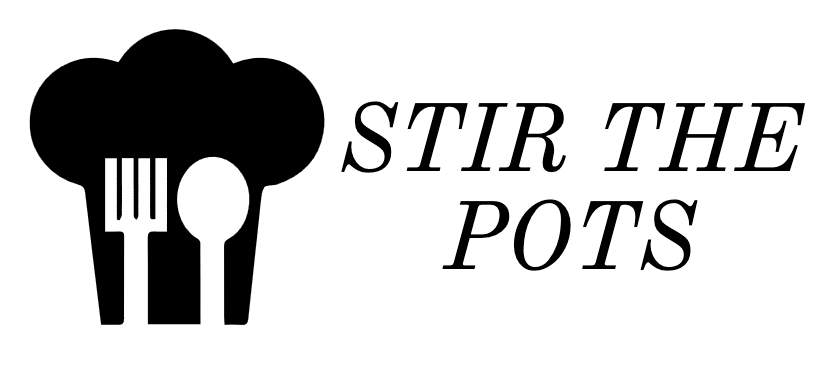
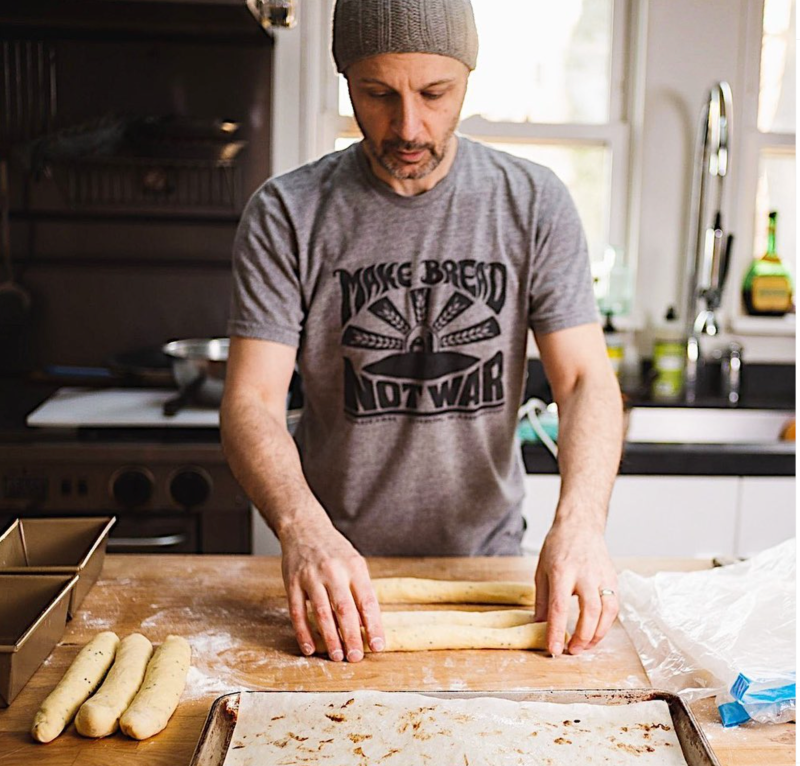
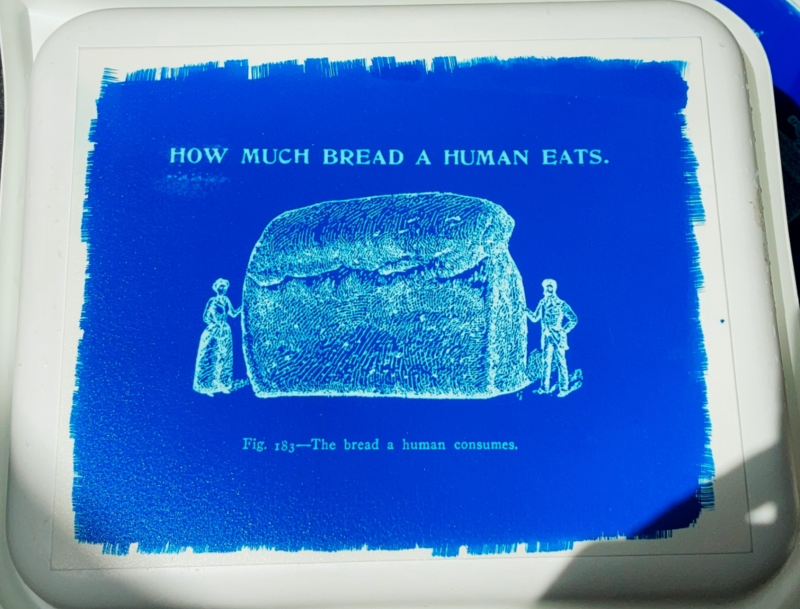
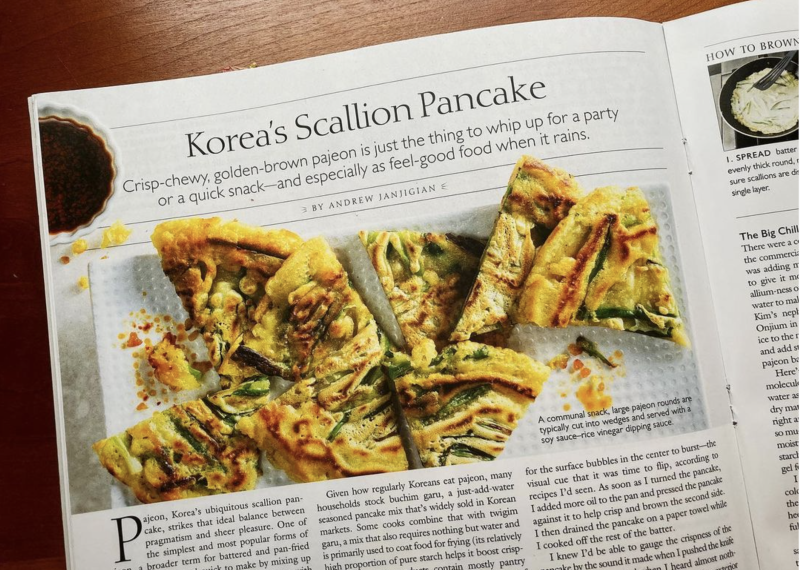
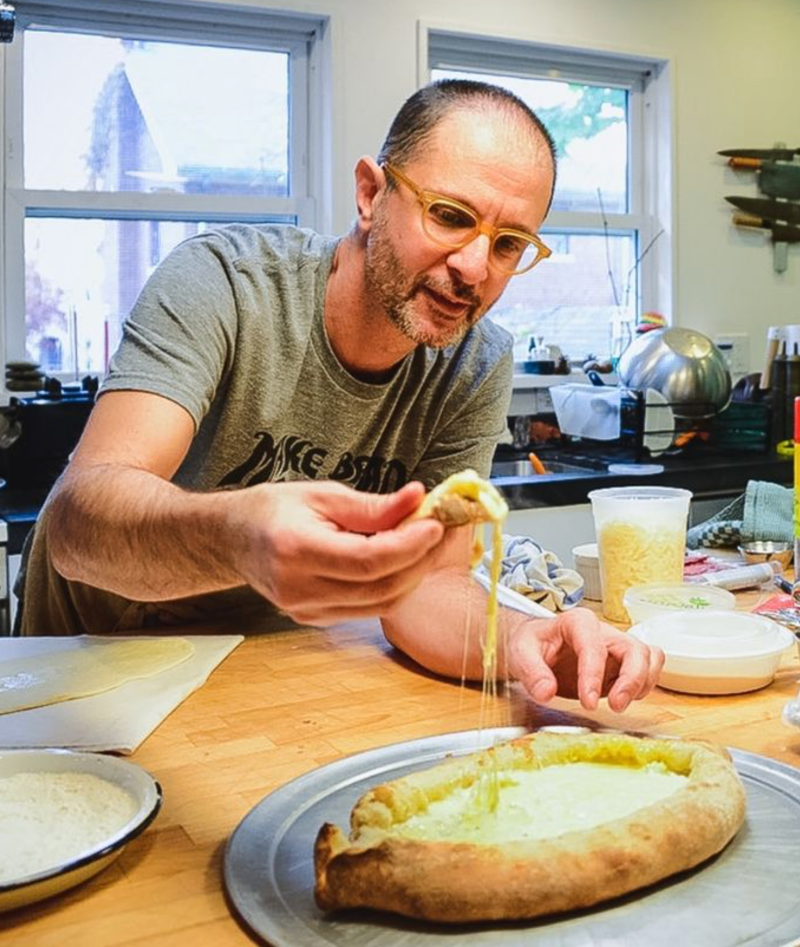
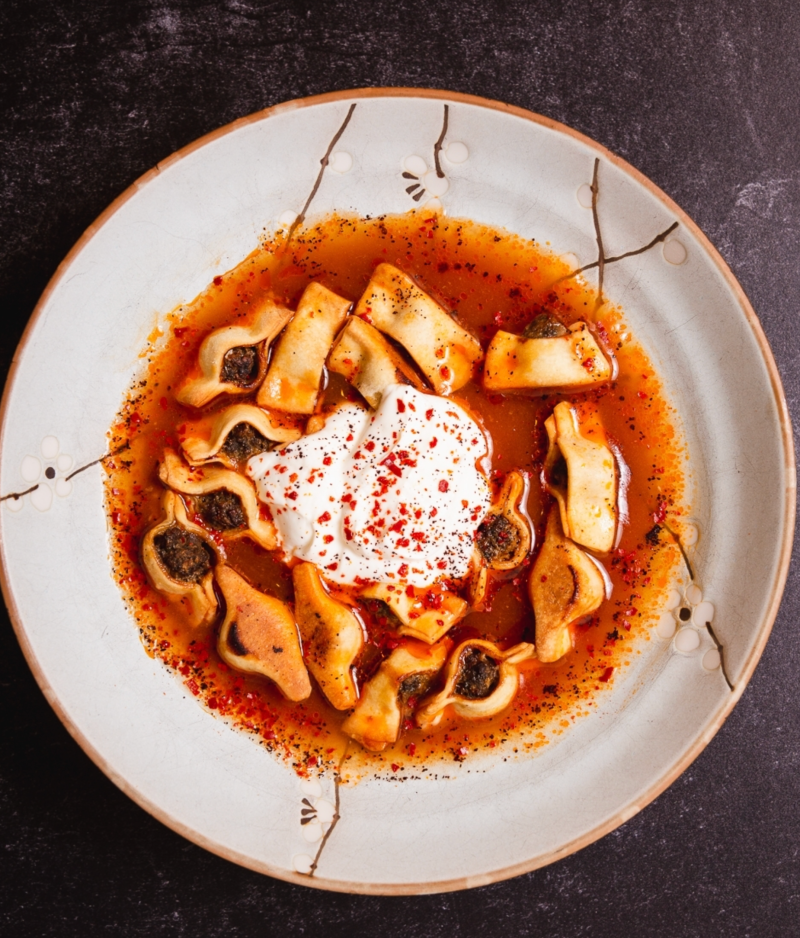
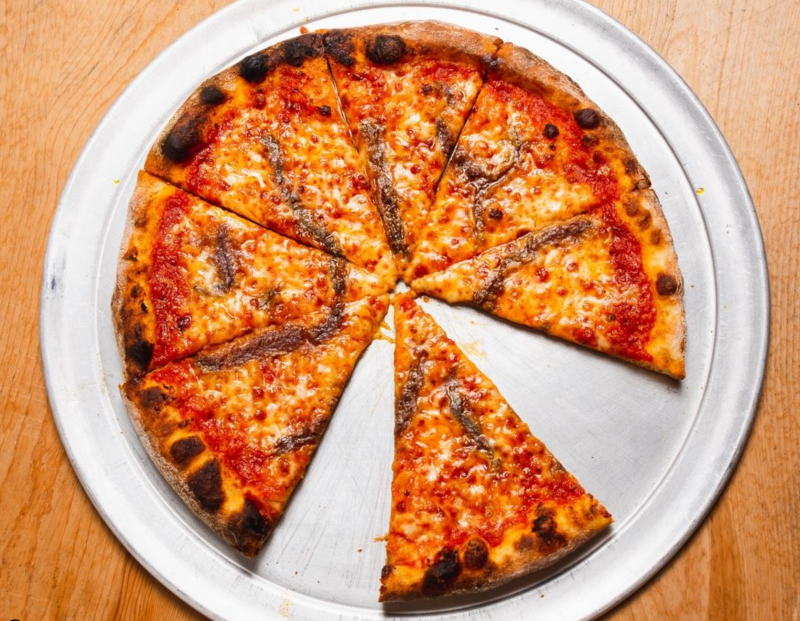
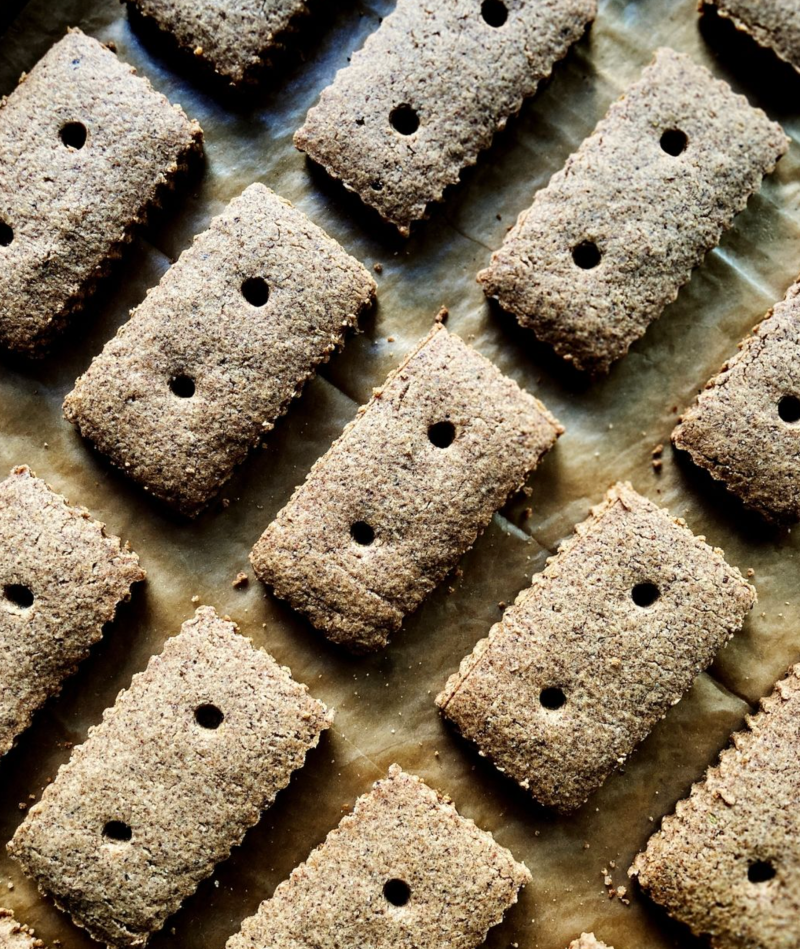
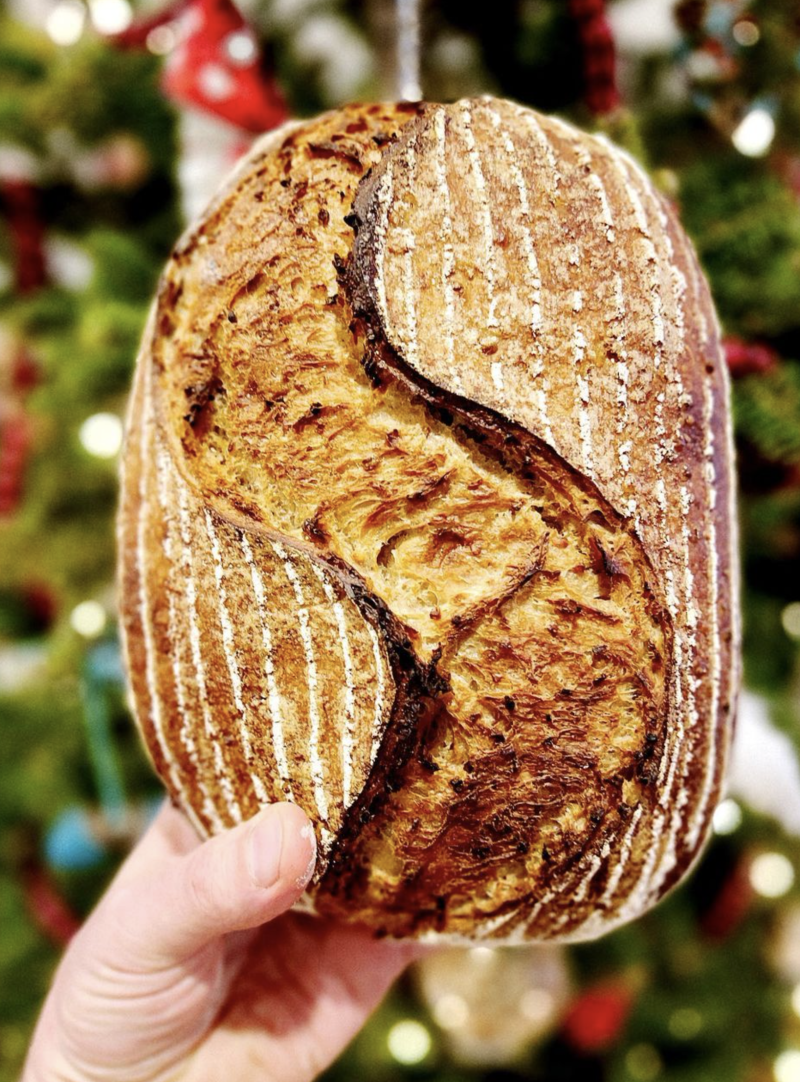

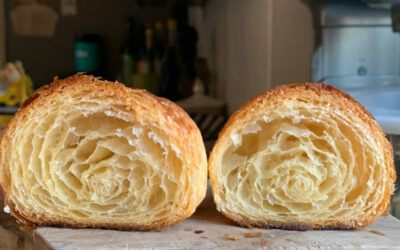

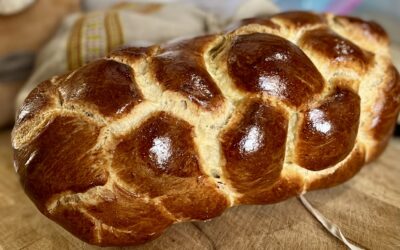
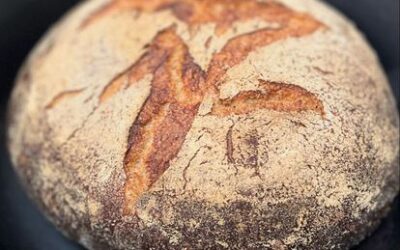
0 Comments